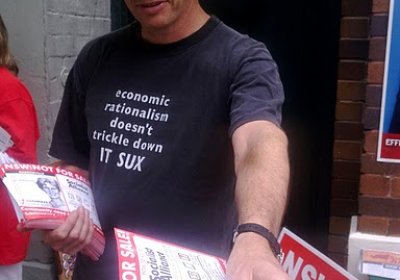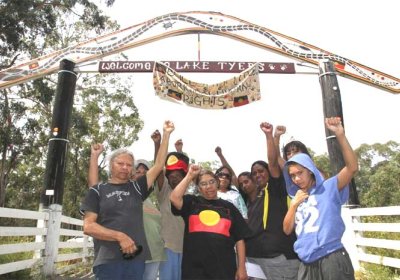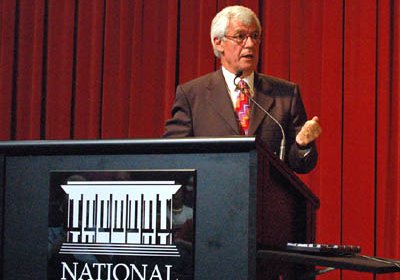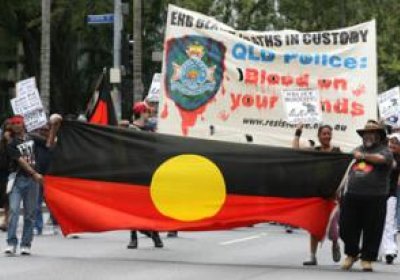874
Twenty people attended a meeting in Melbourne on March 23 organised by the Indigenous Social Justice Association (ISJA) in support of the family of TJ Hickey, a young Aboriginal man who died in February 2004 in the Sydney suburb of Redfern. He was impaled on a fence after being chased through the streets by a police car while riding his bicycle. Barrister Emrys Nekvapil told the meeting the case had been taken to the United Nations Human Rights Committee (UNHRC) by TJ's mother Gail Hickey.
The United Nations Security Council voted on March 19 to approve a military intervention into Libya, with 10 votes in favour and five abstentions.
The public forum “Breaking Australia's silence: WikiLeaks and freedom” took place on March 16 at the Sydney Town Hall. More than 2000 people attended. The event was staged by the Sydney Peace Foundation, Amnesty, Stop the War Coalition, and supported by the City of Sydney.
Prominent British columnist George Monbiot announced in the British Guardian on March 21 that he now supports nuclear power. That isn't a huge surprise — having previously opposed nuclear power, he announced himself “nuclear-neutral” in 2009.
- Page 1
- Next page









